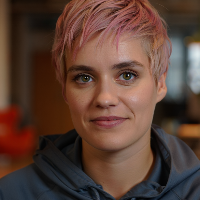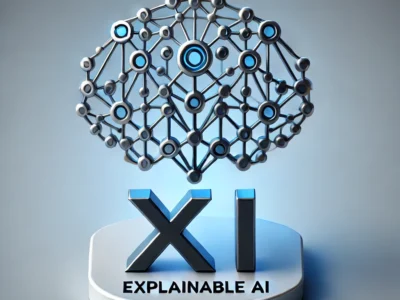Software Testing Theory – Introductory Course
Audience: This course is designed for individuals who are interested in starting a career in software testing, aspiring software test engineers, and anyone seeking a foundational understanding of quality assurance in software development. No prior experience in testing or programming …
Overview
Audience: This course is designed for individuals who are interested in starting a career in software testing, aspiring software test engineers, and anyone seeking a foundational understanding of quality assurance in software development. No prior experience in testing or programming is required, making it ideal for complete beginners as well as those transitioning from other fields.
Course Benefits: In today’s digital world, software quality is critical to the success of any product. This course provides you with a solid theoretical foundation in software testing, equipping you with the essential knowledge and terminology used in the industry. You will learn about the full software development lifecycle, the importance of testing, and how testers contribute to delivering reliable, user-friendly software. By the end of the course, you will be able to understand and explain key testing concepts, distinguish between different types and levels of testing, and recognize the role of documentation, tools, and metrics in quality assurance. You will also gain insight into the skills and career paths available in testing, and develop an awareness of the ethical and collaborative aspects of the profession.
What You Will Learn:
- The purpose and value of software testing in modern development processes
- How testing fits into the Software Development Life Cycle (SDLC)
- Common myths about testing and the real responsibilities of testers
- Types of defects, software quality attributes, and how to report bugs
- Testing levels (unit, integration, system, acceptance) and testing types (functional, non-functional, regression, smoke, exploratory, etc.)
- Static vs. dynamic testing, positive and negative testing approaches
- Core test design techniques: equivalence partitioning, boundary value analysis, decision tables, pairwise testing
- Verification vs. validation, and the importance of documentation (checklists, test cases, bug reports)
- Overview of popular testing tools and test environments
- Test planning, test strategy, risk management, and test coverage
- Testing metrics, prioritization, and cognitive biases in testing
- Industry standards (ISTQB, ISO) and the evolution of software testing
- The role of automation, soft skills, ethics, and career development in testing
- Basic digital literacy relevant to modern testers and development methodologies
This course is structured to provide you with a comprehensive introduction to the theory of software testing, preparing you for further practical study or entry-level roles in quality assurance. Each section includes lessons and quizzes to reinforce your understanding and help you track your progress.
Curriculum
- 10 Sections
- 41 Lessons
- Lifetime
- Introduction to Software Testing4
- Software Development Life Cycle (SDLC) and Testing3
- Software Quality and Defects4
- Levels and Types of Testing5
- Test Design Techniques5
- Test Documentation and Reporting3
- Test Planning, Strategy, and Coverage5
- Tools, Environments, and Metrics3
- Human Factors, Standards, and Career Paths5
- Digital Literacy for Testers4








